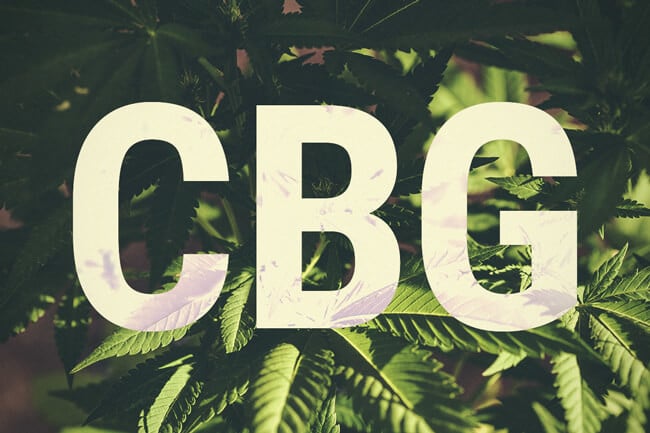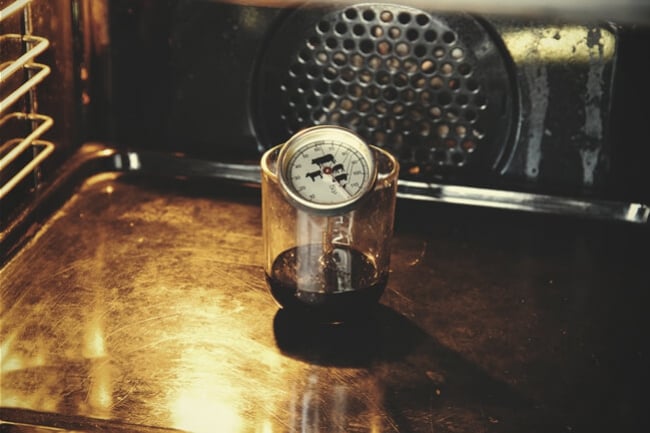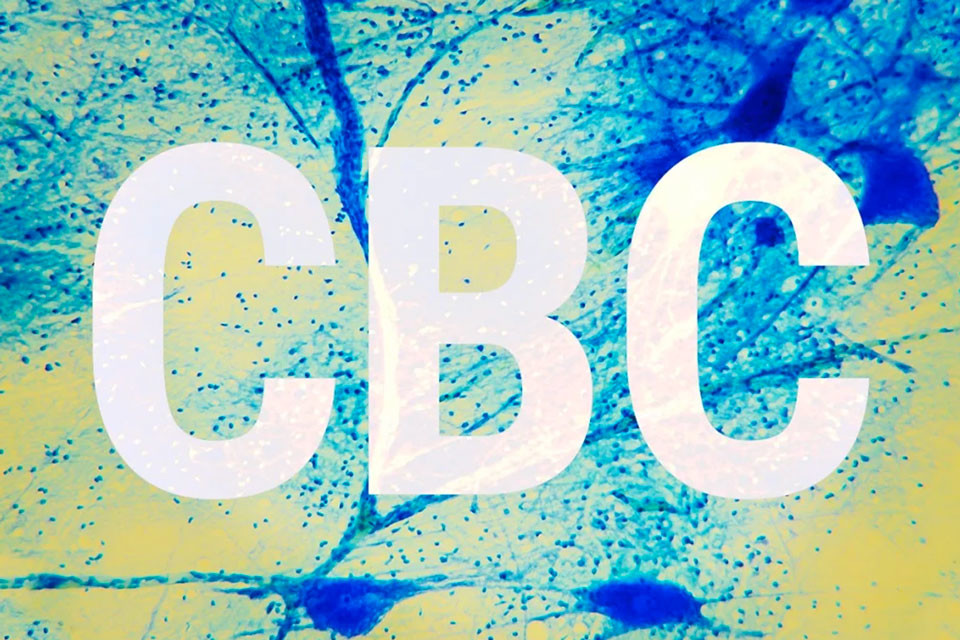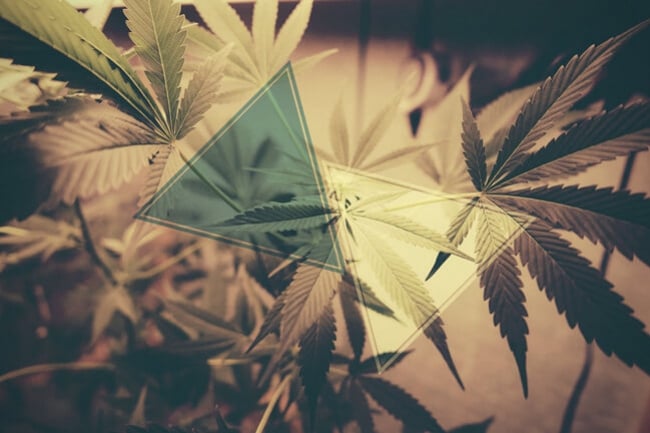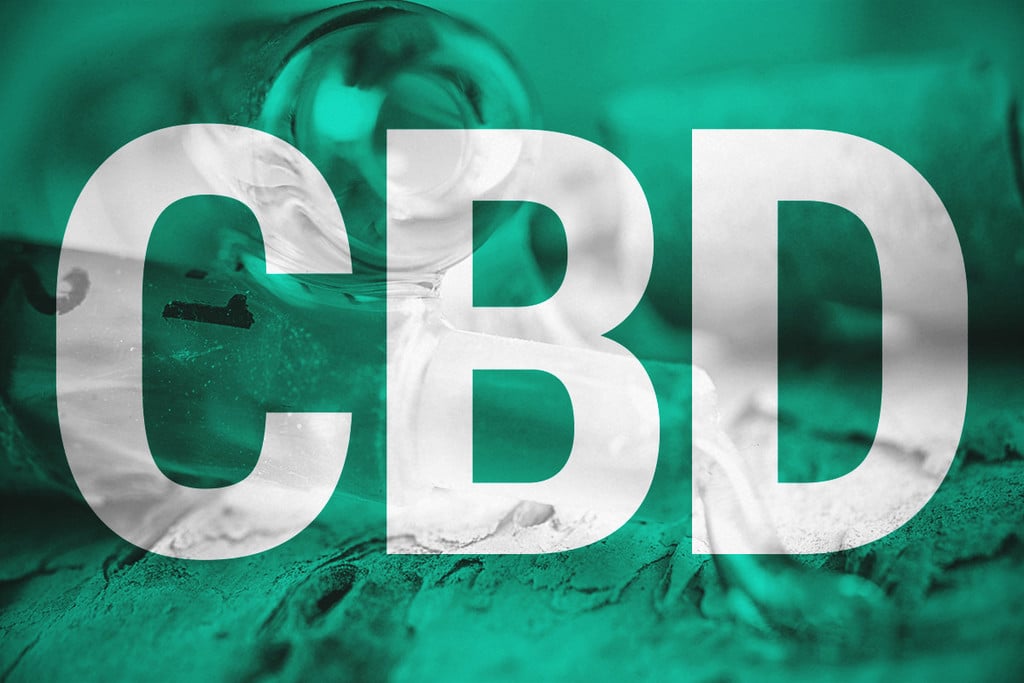.
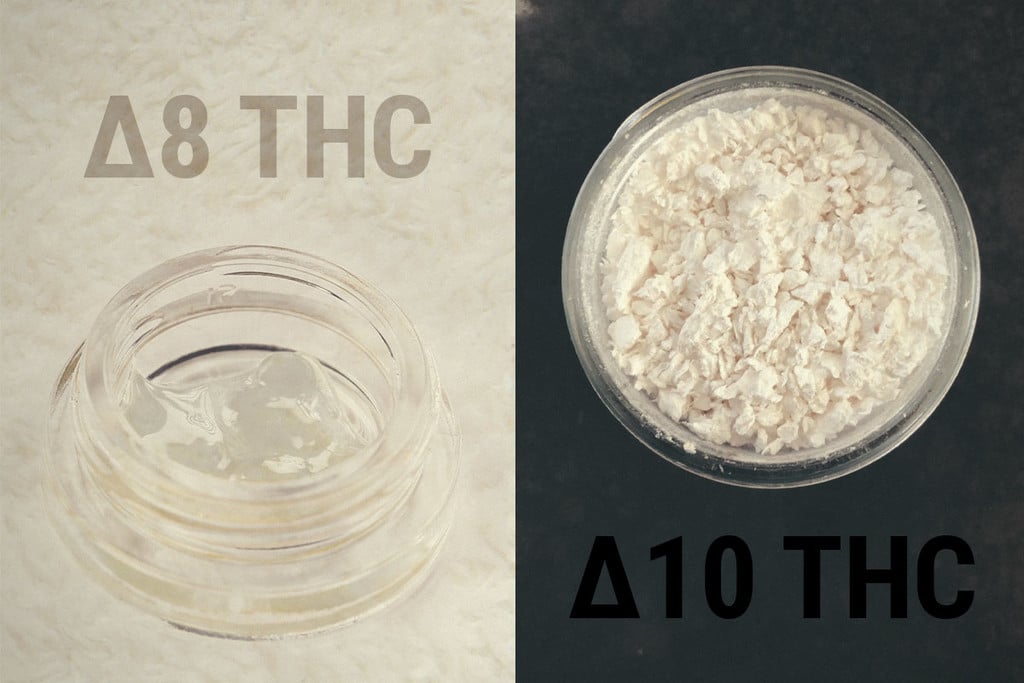
Discover Delta-8-THC and Delta-10-THC
You've likely experienced the effects of delta-9-THC hundreds of times. But what about its close cousins? Both delta-8-THC and delta-10-THC offer unique effects. Delta-8 creates more of a relaxed mindset perfect for lazy afternoons and evenings, whereas delta-10 provides a cerebral sensation potentially more fitting for daytime activities.
Is there any rabbit hole deeper than cannabis? The more you discover about the herb, the less you realize you know. The world of cannabinoids can get especially complex. You’ve heard of delta-9-THC, but what about its close relatives?
Find out everything you need to know about delta-8-THC and delta-10-THC, including their effects and legality.
Contents:
- Understanding how cannabinoids are synthesised
- What is delta-8-thc?
- Does delta-8-thc have therapeutic properties?
- What is delta-10-thc?
- How does delta-10-thc work in the body?
- Does delta-10-thc get you high?
- How was delta-10-thc discovered?
- How is delta-10-thc made?
- Is delta-10-thc legal?
- Delta-8 and delta-10 vs delta-9
- Can you extract delta-8 and delta-10 at home?
Understanding How Cannabinoids Are Synthesised
Cannabinoids are produced by natural chemical reactions such as decarboxylation, isomerisation, and oxidation. A few key enzymes are responsible for the biosynthesis of cannabinoids; namely, CBDA synthase, CBCA synthase, and THCA synthase.
These substances convert CBGA, the root or “mother” cannabinoid, into the acidic forms of the cannabinoids we know and love: CBD and Δ⁹-THC, as well as lesser-known compounds like CBC and Δ⁸-THC.
What Is Delta-8-THC?
Starting from CBGA, the resulting Δ⁹-THC is oxidised into an isomer with a very similar chemical structure: Δ⁸-THC. Since this molecule is formed by oxidation, it’s not further altered when exposed to air.
That’s a useful feature for pharmaceutical purposes, which compensates for the rarity of this cannabinoid. Δ⁸-THC is actually produced in such small quantities by the cannabis plant that the only way to experience its effects is to consume very specific concentrates.
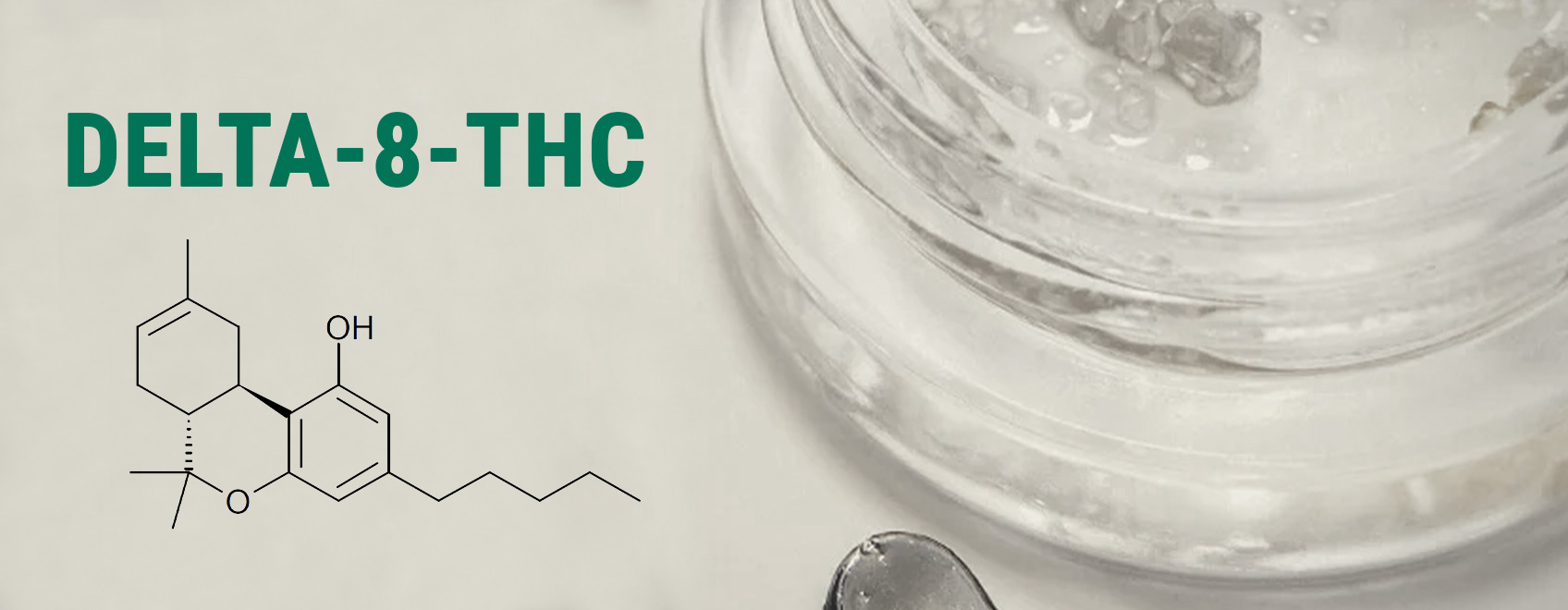
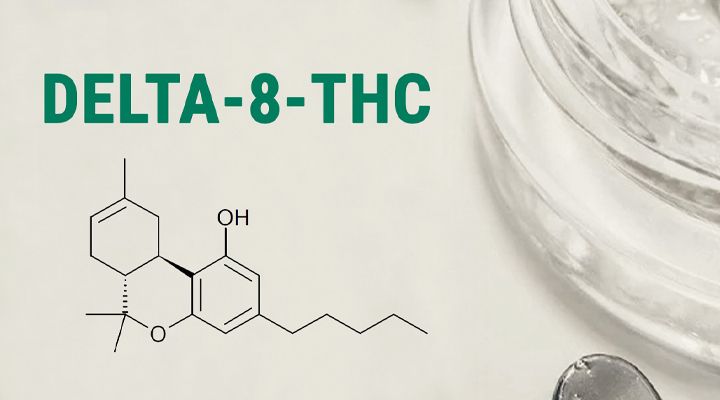
How Is Delta-8-THC Different From Delta-9-THC?
Δ⁸-THC binds to CB1 receptors in the central nervous system as Δ⁹-THC does, as well as to the CB2 receptor.
Based on early research and anecdotal evidence, Δ⁸-THC is kind of like a “light” version of traditional Δ⁹-THC, producing a mild sedative effect without the typical mental stimulation induced by Δ⁹-THC.
As an analogue of Δ⁹-THC, the Δ⁸ version has demonstrated antiemetic, anxiolytic, appetite-stimulating, analgesic, and neuroprotective properties in research settings, despite exerting milder psychotropic effects than Δ⁹-THC.
Furthermore, when taken in high doses, Δ⁸-THC seems to cause less anxiety than Δ⁹-THC.
Delta-8-THC |
Delta-9-THC |
Delta-10-THC | |
|---|---|---|---|
| Psychoactivity | Low-medium | Medium-high | Low-medium |
| Effects | Relaxing and sedant | Euphoric and mental stimulant | Euphoric and nootropic |
| Concentration in cannabis | Less than 1% | Until 30% | Less than 1% |
| Receptors | CB1 and CB2 | CB1 and CB2 | CB1 and CB2 |
| Legality | Legal gray area | Illegal (except few countries) | Legal gray area |
| Secondary effects (anxiety) | Very low | Low to moderate | Very low |
| Delta-8-THC | Delta-9-THC | Delta-10-THC | |
| Psychoactivity | Low-medium | Medium-high | Low-medium |
| Effects | Relaxing and sedant | Euphoric and mental stimulant | Euphoric and nootropic |
| Concentration in cannabis | Less than 1% | Until 30% | Less than 1% |
| Receptors | CB1 and CB2 | CB1 and CB2 | CB1 and CB2 |
| Legality | Legal gray area | Illegal (except few countries) | Legal gray area |
| Secondary effects (anxiety) | Very low | Low to moderate | Very low |
Does Delta-8-THC Have Therapeutic Properties?
Anecdotal accounts describe the effects of delta-8-THC as much more subtle than delta-9. Users report little to no intoxicating effects alongside a relaxed state of mind.
Cannabis researchers have probed the effects of delta-8-THC for decades. They've found it to increase food consumption[1] in animal models, and they've even tested it in human trials against the side effects of chemotherapy[2] in children.
However, many more clinical trials looking into a wider range of conditions are required. If delta-8 shows efficacy for the conditions delta-9 helps to manage, we could see the molecule appear in approved cannabis-based medicines in the future.
What Is Delta-10-THC?
While researchers have known about delta-8-THC for quite some time, delta-10-THC has only recently emerged as a cutting-edge cannabinoid. Just like delta-8, delta-10 occurs as an isomer of the delta-9-THC that we all know and love. Although it shares the same chemical formula, the atoms are arranged slightly differently in the molecule.
Delta-9-THC received its name because it features a double bond on the ninth carbon chain of its molecule. In the case of delta-10-THC, this double bond occurs on the tenth carbon chain instead. This subtle change in the molecular structure means delta-10 offers slightly different effects, without completely altering its binding capabilities in the body.
This novel cannabinoid has sparked a wave of curiosity in the cannabis industry. Consumers are looking to try out this mysterious molecule, and manufacturers are rushing to meet this demand with delta-10-THC carts and the like.
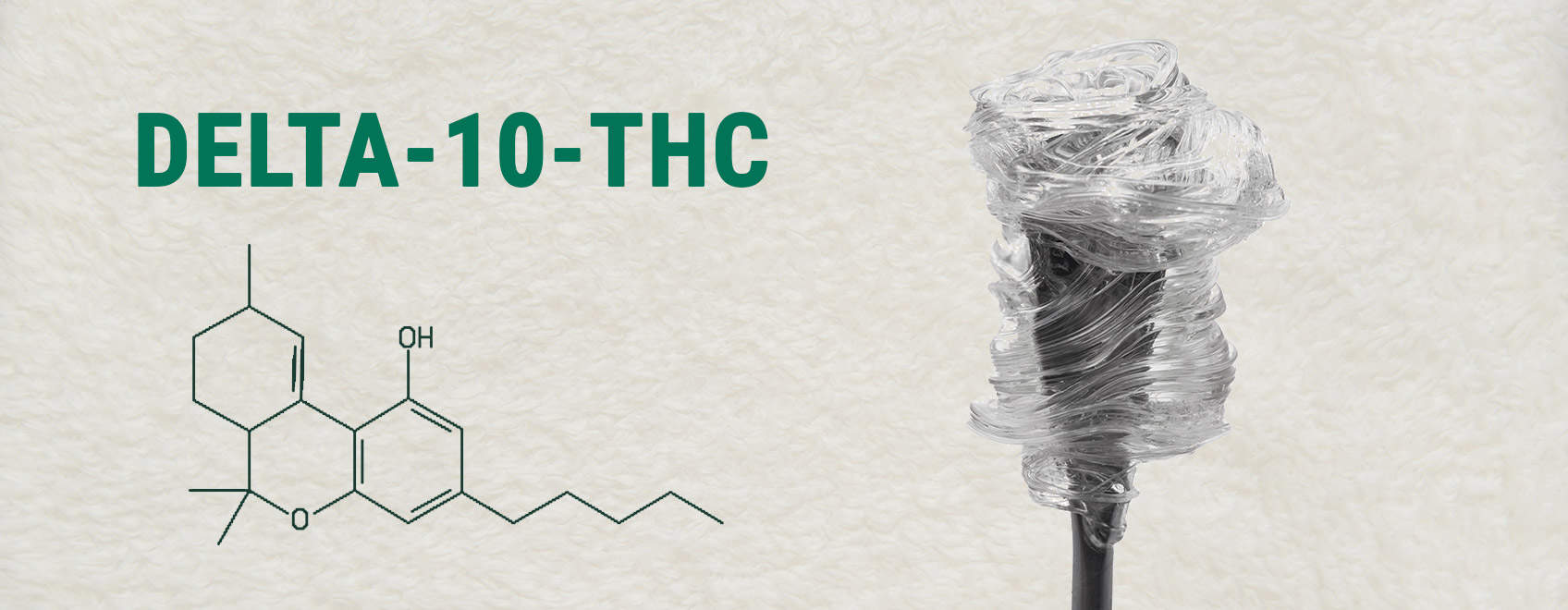
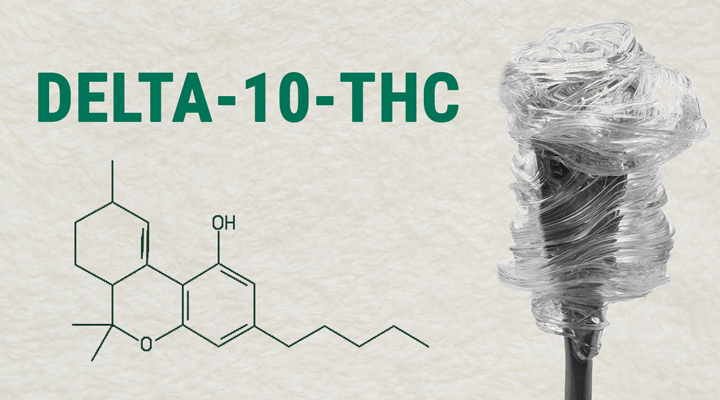
How Does Delta-10-THC Work in the Body?
We’re not entirely sure. Delta-10 has emerged so recently that no studies have elucidated its mechanism of action in the body. However, the behaviour of delta-8 and delta-9 offer some encouraging clues. Both of these cannabinoids bind to both the CB1 and CB2 receptors[3] of the endocannabinoid system.
CB1 receptors occur primarily in the central nervous system, and their activation gives rise to the varying psychoactive effects of different cannabinoids. CB2 receptors show up largely in the immune system. Delta-8 manages to bind to both of these receptors, regardless of its altered double bond position. This makes it reasonable to assume that delta-10-THC has the ability to bind to both of the major cannabinoid receptors.
Does Delta-10-THC Get You High?
Further evidence that delta-10-THC can at least bind to the CB1 receptor comes from anecdotal reports of its effects. Several cannabis companies in the United States have already developed delta-10 products, and a range of pre-filled delta-10-THC vape carts are available to those curious enough to try.
Users describe the effects as psychoactive, but much less intense and intoxicating than delta-9-THC. Some describe the change in consciousness as a “head high” that “frees the mind”. If these effects are consistent among many consumers, delta-10-THC could carve out its own space in the market as a daytime cannabinoid used to improve focus and motivation.
How Was Delta-10-THC Discovered?
A Californian cannabis extraction company accidentally discovered delta-10-THC after purchasing a contaminated batch of cannabis buds. While the crop that produced these flowers was still in the ground, wildfires ravaged areas of the state. In an attempt to battle the blaze, firefighters dumped fire retardants from aircraft, and these chemicals worked their way into the cannabis supply.
The company in question extracted the cannabis biomass and distilled the end product to remove any of the contaminating substances. But they noticed odd crystals begin to form. They ruled out THCA, as this cannabinoid acid doesn’t form after high-temperature distillation.
They sent samples off to a speciality lab for analysis, and the technicians identified the molecule as delta-10-THC[4]. It turns out that small quantities of delta-10 may show up often following standard high-performance liquid chromatography (HPLC) analysis, but this form of analysis may lead technicians to misidentify the cannabinoid as CBC (cannabichromene) or CBL (cannabicyclol).
How Is Delta-10-THC Made?
It turns out that the addition of fire retardants managed to cause the double bond to migrate from the ninth position to the tenth in the THC molecule. A consultant for the extraction company managed to recreate this reaction using food-grade additives and stabilisers. Other manufacturers are now creating the synthetic cannabinoid using CBD[5]. When using crude CBD extract, they harness carbon and vitamin C derivatives to transform the molecule. When using isolates, solvents and acids get the job done.
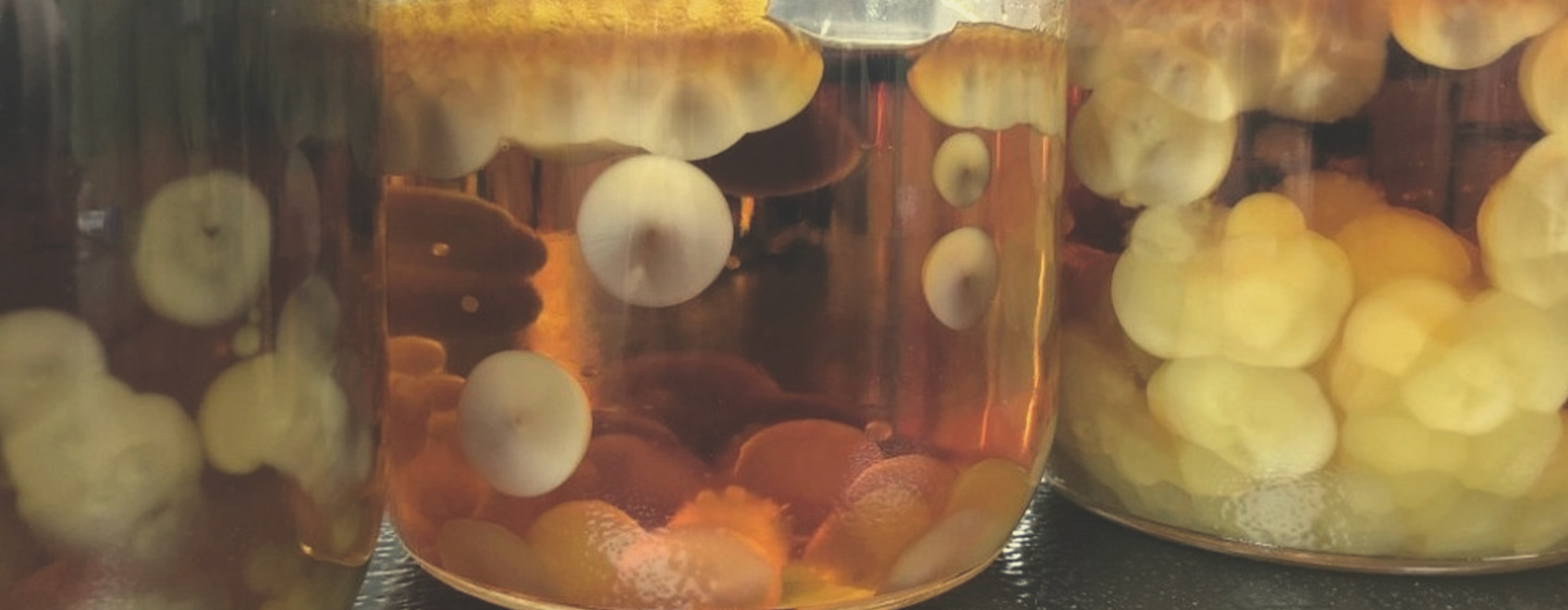
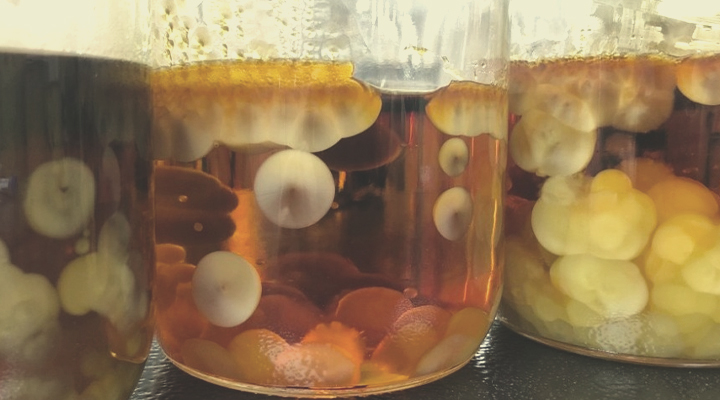
Is Delta-10-THC Legal?
It depends on the source. When derived from cannabis, delta-10-THC is viewed as federally illegal because of the Schedule I classification of marijuana. However, delta-10 derived from hemp exists in a legal gray area.
The Agricultural Improvement Act of 2018 changed the definition of hemp[6] in America. It states, “The term ‘hemp’ means the plant Cannabis sativa L. and any part of that plant, including the seeds thereof and all derivatives, extracts, cannabinoids, isomers, acids, salts of isomers, whether growing or not, with a delta-9 tetrahydrocannabinol concentration of not more than 0.3 percent on a dry weight basis”.
The passage of this legislation makes it quite clear the delta-10-THC derived from low-THC hemp remains federally legal in the United States. Many companies have perceived the law in this way, and are moving forward with manufacturing, product development, and sales.
| California | New Jersey |
| Illinois | Oregon |
| Maine | South Dakota |
| Massachusetts | Vermont |
| Michigan | Washington |
| Nevada |
| California | Illinois | Maine | Massachusetts |
| Michigan | Nevada | New Jersey | Oregon |
| South Dakota | Vermont | Washington |
Delta-8 and Delta-10 vs Delta-9
All three of these cannabinoids offer something different. Delta-9 offers the classic cannabis high, while users report that delta-8 provides more of a relaxing effect, without the panic sometimes associated with delta-9. Delta-10 appears to provide more of a cerebral effect, without too much intoxication, although it’s still unclear. The latter could perhaps land somewhere between delta-9 and CBD in the market. While it doesn’t offer a traditional high, it might provide something more noticeable than CBD on its own.
Can You Extract Delta-8 and Delta-10 at Home?
Before you get too excited, nobody has made their own batch of delta-10-THC at home. Not yet, anyway. For now, we need to leave it to the big industry players to refine and perfect the extraction and conversation process. As they make progress in this area and create more of an efficient process, it might become possible to mimic their methods on a small scale in the future.
- Very low doses of delta 8-THC increase food consumption and alter neurotransmitter levels following weight loss - PubMed https://pubmed.ncbi.nlm.nih.gov
- An efficient new cannabinoid antiemetic in pediatric oncology http://www.druglibrary.net
- Cannabis Business Times - May 2021 - Delta-8 THC: Threat or Opportunity? http://magazine.cannabisbusinesstimes.com
- The Bizarre Crystallization of Δ10-THC - Extraction Magazine https://extractionmagazine.com
- What is Delta-10-THC and Why do I Need to Know About it? - ACS Lab Cannabis https://acslabcannabis.com
- Implementation of the Agriculture Improvement Act of 2018 https://s3.amazonaws.com


























